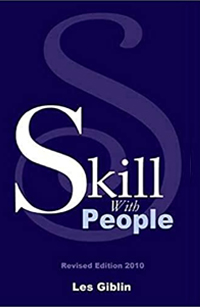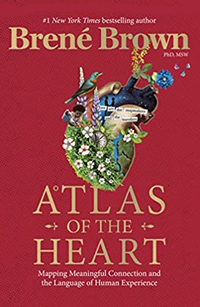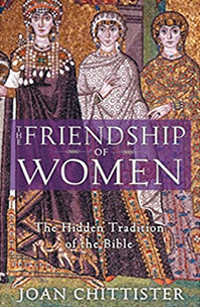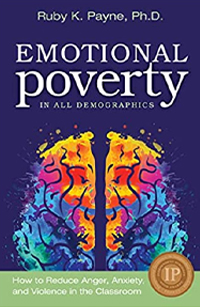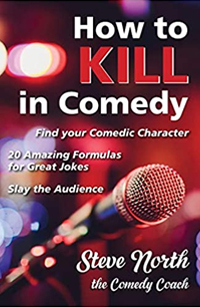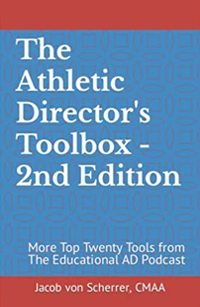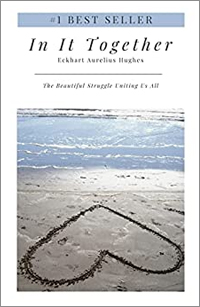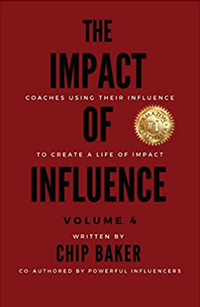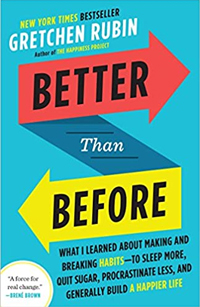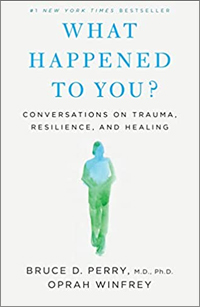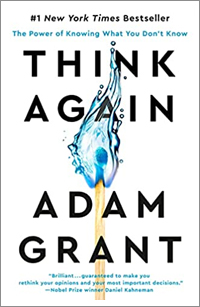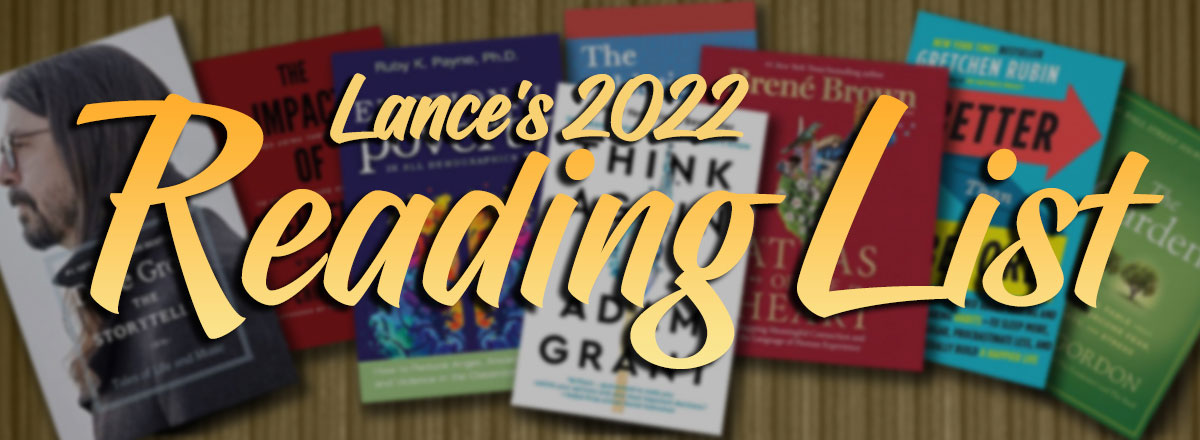
What Lance Read in 2022
I continue to be surprised by how often people ask me what book(s) I am reading. I suppose this can be an interesting question to ask an author, but I am a fairly private person in this regard and don’t necessarily think of my reading choices to be of interest to anyone else.
I try to remind myself on these occasions that “good teammates share”—even when the information seems irrelevant to them—because others can benefit from their experiences.
For that reason, I have again resolved to embrace the notion that others may find my reading list useful and am therefore happily sharing the books I read this year.
First, a few points to consider…
1. I read for the sole purpose of learning. This means I choose my books with the expectation of them helping me become a better version of myself. This also means that I typically only read non-fiction.
2. Like many of you, I have a busy a schedule. My life is filled with work and family commitments. Time is finite and does not always allow me to read whenever I want. I am also a slow reader. Reading at least one book per month is a reasonable goal for me.
3. I don’t continue to read books I don’t like. In the past, if I started a book and it became uninteresting to me, I continued to forge ahead through the monotony until I finished it. I no longer subscribe to this practice (*Advice I got from Gretchen Rubin!). Now, I simply stop reading the book if I don’t find value in it. This note is significant because I finished every book listed below and found value in every one of them.
4. Finally, what’s listed below is not a full book review but rather a key takeaway I got from each book.
by Les Giblin
A good listener always winds up far ahead of a good talker in people’s affections. This is because a good listener always allows people to hear their favorite speaker: themselves.
by Brene Brown
Empathy is a tool of compassion. To respond with empathy, you must be willing to be present in someone’s pain. If you’re not willing to do that, it’s not real empathy.
by Joan Chittister
Your friends are your estate. They are the only real wealth you have in the end. They are the treasures you accrue in life and, ultimately, the measure of your own worth.
by Ruby Payne
When someone has a relationship with an authority figure who is genuinely attuned to them, that connection can help them build an inner experience of wholeness that gives them the space to reflect on their life in ways that can help them make sense of their journey.
by Jon Gordon
To win a battle with fear and anxiety, you need to know how the battle is being waged. Just because you have a negative thought doesn’t mean you have to believe it. Faith defeats both doubt and discouragement.
by Steve North
There’s a difference between a comedian and a comic. Audiences are endeared to comedians because of the comedian’s character, which consists of inescapable four parts: a flaw, a blind spot, an attitude, and an agenda.
by Jake von Scherrer
Leaders who serve others need to find a moment every day for themselves. Because they give so much of themselves to what they do, it’s critical for them to refill their own container—so that they have more to give.
by Eckhard Aurelius Hughes
True love is not sacrificing your happiness for another; it’s being happy to sacrifice. You cannot reach a state of ”desirelessness” by merely fulfilling your desires. You must also discover the virtues of being content.
The Impact of Influence – Volume IV
by Chip Baker
A mentor’s influence has generational impact. The impact of every great teacher, coach, leader, etc. can be traced back to the influence someone in a similar position had on their life.
by Dave Grohl
Each one of your five senses stimulates a different area of your brain. Artistic genius—in its many forms—is often the product of synesthesia, which permits artists, musicians, writers, etc. to experience a creative intertwining of their senses (e.g., they can hear colors and see sounds).
by Gretchen Rubin
Habits are the invisible architecture of your life. Yet, habits can never become so ingrained that you can ease off their adherence. Complacency will destroy even long-standing habits.
by Bruce D. Perry and Oprah Winfrey
The trauma people experience during childhood has a profound effect on their brain as an adult. Victims of trauma are more prone to addiction(s) because their baseline stress is different. It’s not a matter of “What’s wrong with you?” so much as it is a matter of “What happened to you?”
by Adam Grant
When dealing with stubborn people who refuse to change their opinion, ask: “What evidence would change your mind?” Their response provides you with your focal point. If their answer, however, happens to be “nothing,” move on. They are incorrigible.
by Michael J. Fox
Life’s direction can change in the blink of an eye. Sometimes, the path to rediscovering happiness and purpose materializes through the practice of pivoting. Circumstances may preclude you from continuing to be a lead actor, so focus instead on being an amazing character actor.
One final note…
In addition to the books listed above, I also read several manuscripts fellow authors sent me throughout the year for feedback and endorsements. I am excited for the forthcoming publication of these manuscripts and look forward to sharing them with you in the future.

